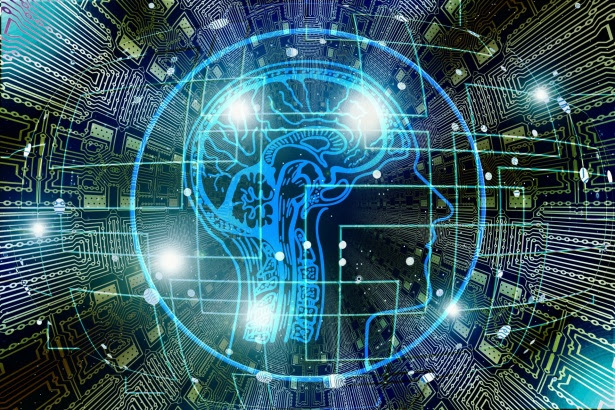We all have them. Those apps we open without thinking. Not because we need anything in particular, but because they feel… safe, in some…
ChatGPT: AI’s creative limits and job threat

The rise of artificial intelligence (AI) chatbot system ChatGPT has caused a stir in creative industries, with professionals concerned about the potential loss of their jobs and plagiarism when outsourcing work to AI. However, according to Richard Frank, CTO of Flow Communications in South Africa, there is no need to be threatened by the existence of such AI tools.
“AI has infiltrated every aspect of our lives – it is all around us. With or without our endorsement, it is here to stay,” Frank said. “While we will track AI tools such as ChatGPT carefully and will use them if and when they make sense to our clients, we will continue to position ourselves as creatives who generate unique content with the right tone and style.”
Frank tested ChatGPT and found that it was good at producing logic but fell short in terms of creativity.
“It became evident that the AI tool sifted through millions of press releases online about appointments and had used its probability model to predict what the press release should look like and what the CEO of Flow Communications, Tara Turkington, would say about a former employee rejoining the company. And bam, out came a wordy press release riddled with clichés and repetitions,” he said.
Frank noted that ChatGPT sometimes writes plausible-sounding but incorrect or nonsensical answers, guesses what the user intended instead of asking clarifying questions when a user asks an ambiguous query, and responds to harmful instructions or exhibits biased behaviour. Additionally, ChatGPT is sensitive to changes in the input syntax or repeated attempts at the same prompt and can introduce bugs to code.
Despite its shortcomings, Frank said that AI tools such as ChatGPT can function as a supplement to assist in daily work. “They have the power to take over the menial tasks – the slog – that consume copious amounts of time and can give us the time, space, energy and mental capacity to focus on real creative work. That’s a plus to me,” he said.
Frank emphasised that the differentiation between human creatives and AI lies in the ability to execute every brief with the respect and finesse it requires. “ChatGPT is very good at producing generic content, but it won’t produce an entire program. If ChatGPT can generate your idea, then it’s probably not good enough. Use it as a rational check to gauge how ‘generic’ your ideas are,” he said.
He concluded that AI tools can supplement the work of creative professionals but are not a replacement. “We will continue to differentiate ourselves because we don’t rely on generic gibberish: we execute every brief with the respect and finesse it requires. That’s how you win!” he said.

